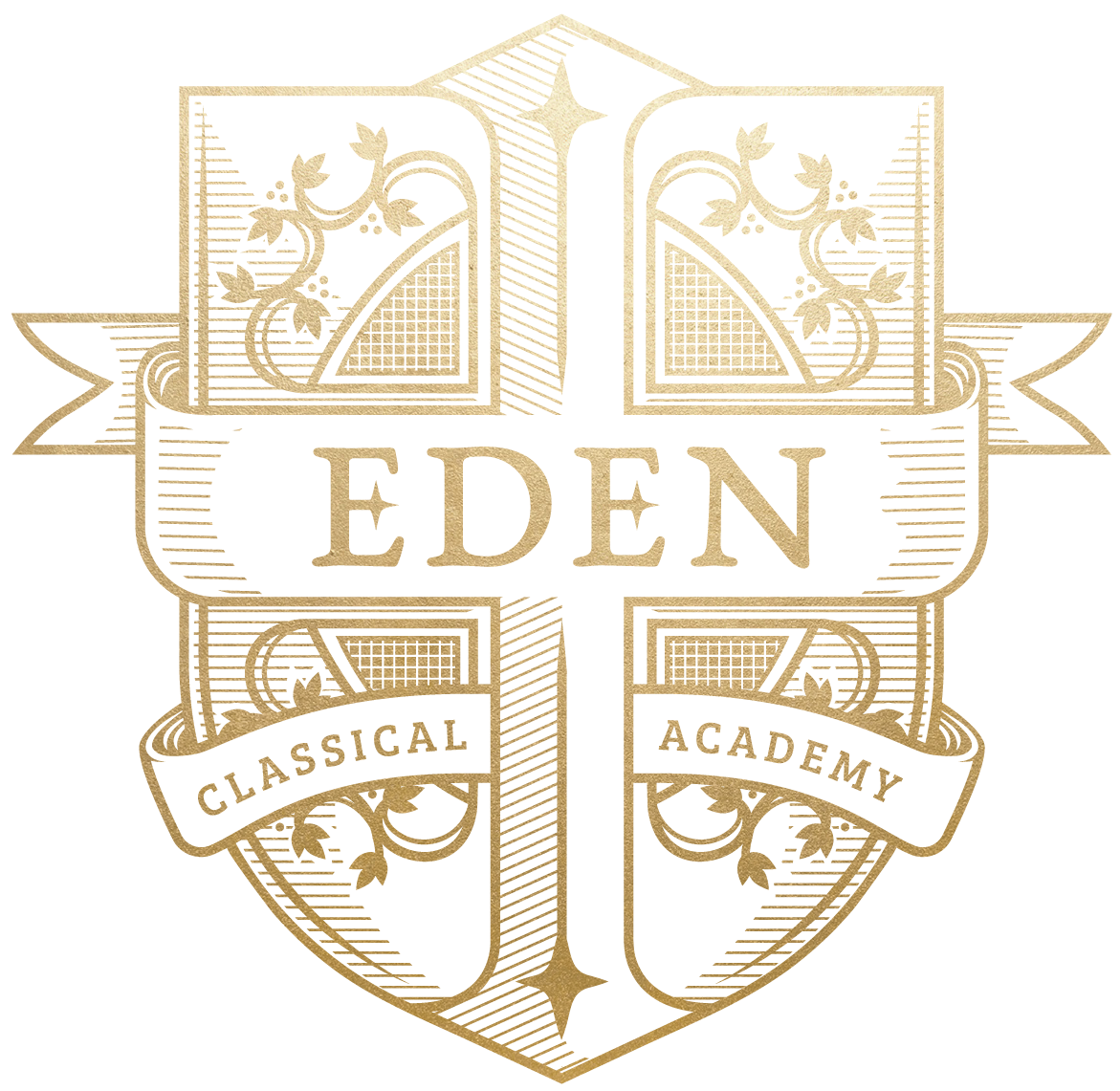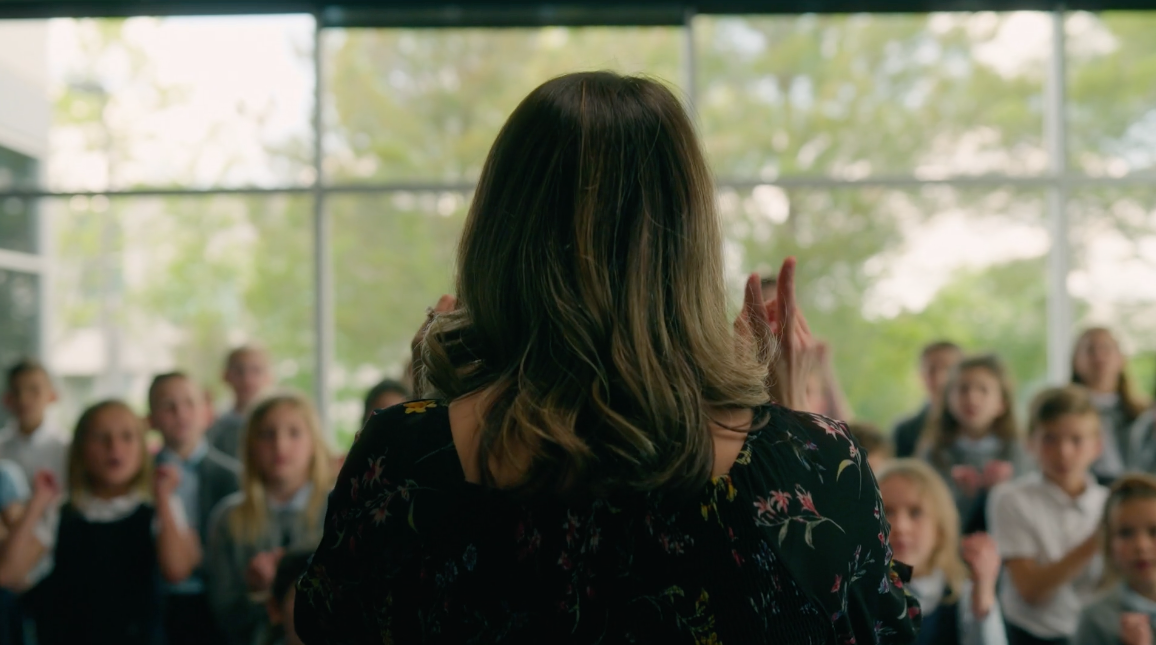
CAREERS
Eden Staff Heart & Mission
The Eden Teacher Profile
Our desire as faculty and staff is to come alongside parents in their God-given responsibility of raising up their children in the fear and admonition of the Lord (Eph 6:4). We approach this educational mission, through our methods, our curriculum, and our culture with humility and confidence—being humble in our mindset and perspective always seeking to model Christ; boldly, knowing and trusting that Christ is the author and perfecter of our faith and of our students’ lives (Heb 12:2).
May we model, as Eden staff, lives worthy of imitation. May we exalt Jesus Christ with all of our hearts, minds, souls, and strength, while boldly proclaiming the gospel. May His truth, His goodness, His beauty become more manifest throughout our lives, through this school, and throughout this entire generation, as we behold our magnificent and Sovereign Lord.
The classical tradition of education employs a number of proven, successful methods for teaching children well. Eden teachers are trained with and encouraged to integrate these methods in their classrooms. They receive training in classical pedagogy and are encouraged to integrate this training into their classroom. These methods–what one might call key pedagogical principles of classical education–include the following, amongst others:
Festina Lente: Make Haste Slowly - We aim for mastery of each step instead of rushing through content in a cram-and-dump approach.
Multum Non Multa: Much Not Many - We aim to do fewer things, while doing those fewer things really well.
Repetitio Mater Memoriae: Repetition is the Mother of Memory - We emphasize vibrant, continual review and repetition, for these make learning permanent. Furthermore, songs, chants, and jingles are regularly sung to reinforce key content and skills, especially in the Grammar ages. We sing with enthusiasm, creativity, and skill.
Embodied Learning: Rhythms & Routines that Teach Profoundly - We employ and intentionally implement traditions, routines, liturgies, rhythms, practices, contemplation, and reflection, for these habits shape our affections and orient us to love the True, the Good, and the Beautiful.
Wonder & Curiosity: Modeling Wonder to Cultivate Affections - We cultivate, expand, and protect the natural wonder and curiosity of our students, modeling a love for that which is truly lovely, by asking questions that ignite curiosity and discovery, and by carefully guarding wonder and curiosity from trivia, distraction, and cultural norms.
The Great Conversation: Engaging in Great Ideas that Transcend Time - We pursue rich Socratic discussions by engaging in great ideas found within great books that are at and beyond students’ reading level. We consider the foundation of Western civilization through the study of history, philosophy, science, the arts, literature, and classical language.
Imitation and Recitation: Practicing by Modeling the Greats - We narrate, recite, and memorize excerpts from great literature, poems, and speeches. We imitate other works of music, works of art, and other works which variously manifest what is True, Good, and Beautiful. Recitations provide the opportunity to practice poise and confidence in public speaking while demonstrating mastery of the studied information.



